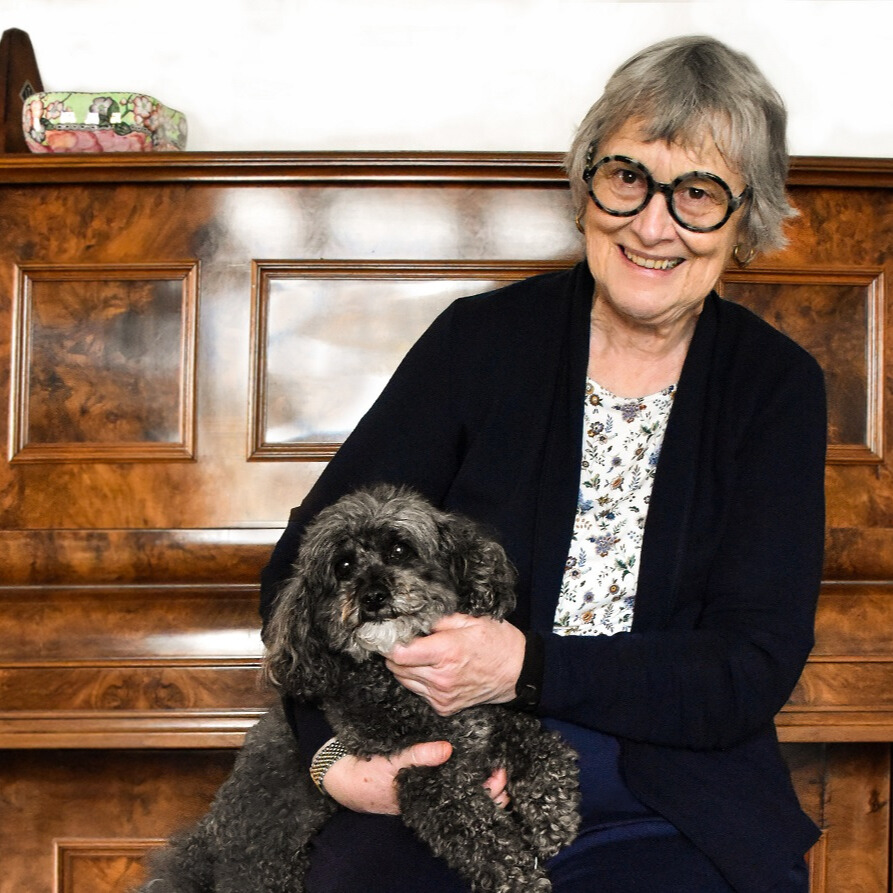Honorary Research Fellow, History, The University of Auckland. View profile HERE
Ruth Barton is a historian of science and technology, and is an authority on the X Club, the coterie of influential Darwinians who dominated science and its culture in mid-Victorian England.
Her training was in mathematics (M.Sc. with distinction Victoria University of Wellington) and history and sociology of science (Ph.D. Pennsylvania). Her theological beliefs and doubts have changed greatly over her life. She began in fundamentalist and evangelical circles; discovered a greater appreciation of human culture in the Reformed tradition, but questioned its theological dogmatism; moved to widespread doubt and uncertainty; and currently is thinking about the perspectives of both process theology and Eastern Orthodoxy. Only a few beliefs have remained unchanged: from her family, the equal value of all people no matter their wealth or poverty, intelligence, beauty, colour or fame; and, in her early twenties, her recognition that God cares about, “is on the side of,” the poor and oppressed.
She decided to study history of science when she discovered that the heroes of the sixteenth and seventeenth centuries (such as Copernicus, Galileo and Newton) did not show the polarisation of science and religion which is widely thought to characterise modern science. It is ironical that she has become an expert on some of the best-known advocates of agnosticism and opponents of dogmatic religion in Victorian England. After teaching in the History Department at the University of Auckland for about twenty years, Ruth is now an honorary research fellow in the School of Humanities there. She is writing a survey of history of science in New Zealand and is planning further research on science and Eastern Orthodoxy, especially as shown in the life of the great Russian-born American evolutionary geneticist, Theodosius Dobzhansky.

